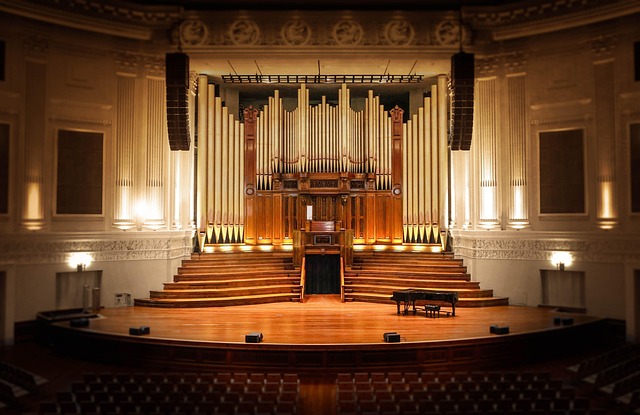Community heritage events, like ethnic food festivals and historical re-enactments, showcase local culture, attract residents and visitors, and boost real estate appeal. Real estate professionals can collaborate with history groups to co-host events like historic home tours, market cultural value, and drive sustainable tourism, creating desirable destinations that honor their past while looking towards the future.
Community events are more than just gatherings; they are vibrant threads weaving together the rich tapestry of local heritage. This article explores the vital role these events play in preserving and celebrating diverse cultural traditions, from historic festivals to art exhibitions. We delve into specific types of events that showcase local history, and examine how real estate businesses can collaborate with heritage initiatives to foster community engagement and preserve unique cultural landscapes.
The Role of Community Events in Preserving Local Heritage

Community events play a pivotal role in preserving and celebrating local heritage, creating a strong sense of identity for residents. These gatherings offer a unique platform to showcase historical traditions, cultural practices, and the rich tapestry woven by the community’s past. By organizing festivals, exhibitions, and re-enactments, locals can transport visitors back in time, highlighting the region’s evolution and the resilience of its heritage.
In the realm of real estate, these events attract both locals and outsiders, fostering a deeper connection to the area. They become landmarks that not only preserve history but also drive tourism, enhance property values, and contribute to the overall vibrant atmosphere that makes a place desirable. This synergy between heritage preservation and community engagement is instrumental in shaping the future while respecting the past.
Types of Events that Celebrate Cultural Tapestry

Community events celebrating local heritage offer a vibrant and engaging way to showcase the unique cultural tapestry of any area, attracting both residents and visitors alike. These celebrations can take many forms, each providing an opportunity to immerse oneself in the rich history and traditions of the region. One popular format is the ethnic food festival, where local culinary experts prepare dishes that reflect the diverse cultural influences present in the community. Real estate professionals often find these events beneficial as they attract a wide range of people interested in both the culinary and cultural aspects of the area.
Additionally, heritage walks and historical re-enactments allow participants to physically explore and learn about significant landmarks and past events. Such activities can be especially captivating when organized by local history societies or museum groups, who often have extensive knowledge and access to historical archives. These events not only foster a deeper connection to the past but also create memorable experiences that can enhance the overall appeal of a neighborhood from a real estate perspective.
How Real Estate Businesses Can Collaborate with Heritage Initiatives

Real estate businesses have a unique opportunity to collaborate with local heritage initiatives, enhancing community engagement and attracting diverse audiences. By partnering with historical societies, museums, or cultural centers, real estate professionals can co-host events that celebrate and preserve the area’s rich past. Such collaborations can include historic home tours, where properties of architectural significance are opened to the public, showcasing their unique features and stories. These events not only generate interest in local history but also market the area as a desirable place to live, work, and visit.
Moreover, real estate agents can play a vital role in promoting heritage sites and experiences through targeted marketing campaigns. They can highlight the cultural value of properties, especially those situated near historical landmarks or within walking distance of museums, thus appealing to buyers who appreciate and desire a deeper connection to their community’s heritage. Such collaborations foster a sense of community pride and can drive sustainable tourism, ultimately benefiting local businesses and residents alike.






